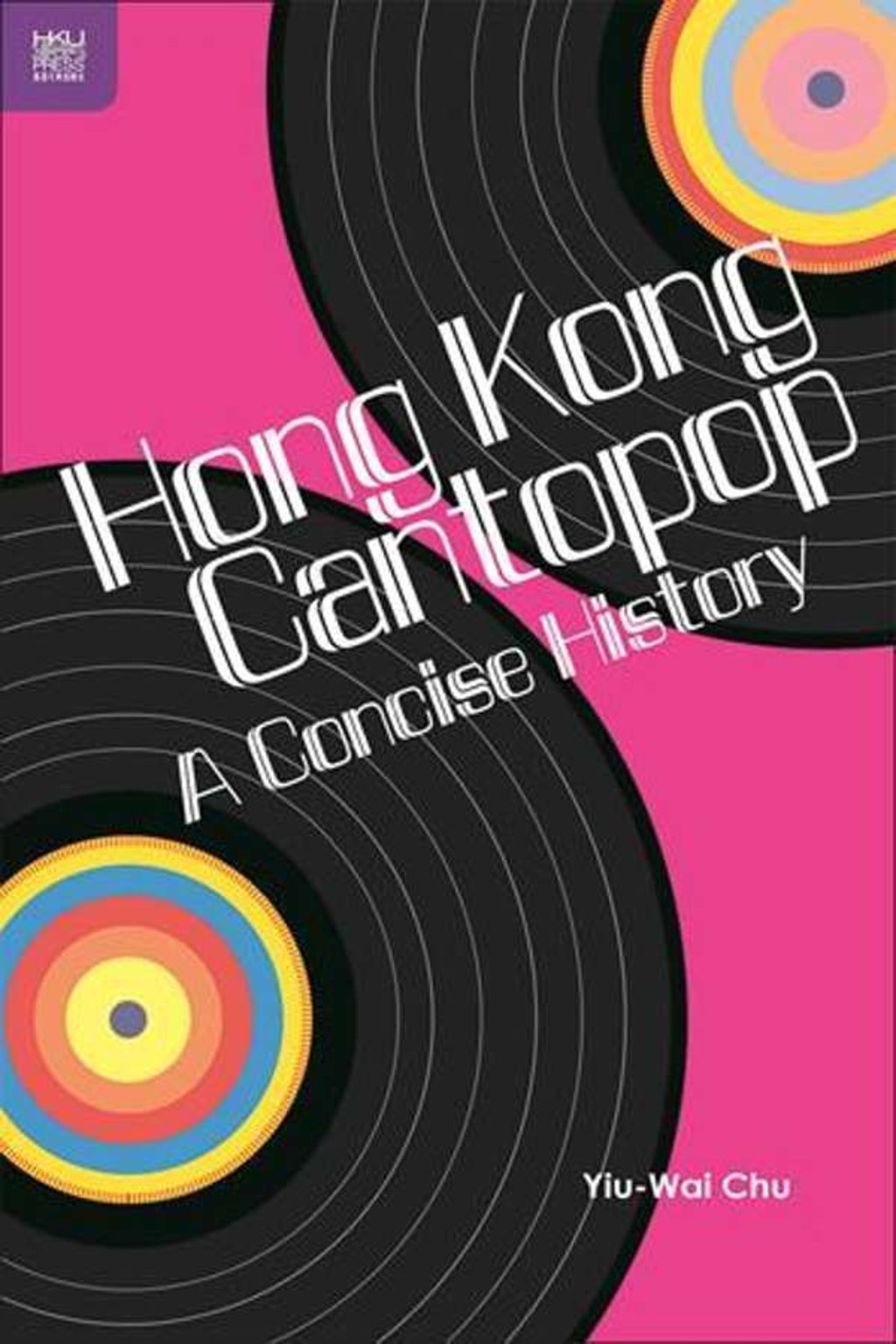Review | Hong Kong Cantopop is a serious book on a genre that people don’t take seriously
Canto-pop was the soundtrack of the city as Hong Kong grew from war-ravaged outpost of the British Empire to economic powerhouse, and Yiu-Wai Chu’s academic study illuminates this bawdy, funny culture

Hong Kong Cantopop: A Concise History
by Yiu-Wai Chu
Hong Kong University Press
There’s a library of books about pop music’s role in modern history and culture – from The Rolling Stone Encyclopedia of Rock & Roll to niche titles such as Mark James Russell’s K-POP Now! The Korean Music Revolution. But until now there hasn’t been a full documentation of Canto-pop – at least not in English.

The Canto-pop stereotype is of stars who are prized more for their looks and acting chops than for their singing, while the songs themselves are cloying and formulaic. But Canto-pop is more than just a collection of catchy tunes sung by heartthrobs – it has been a unique soundtrack. As Hong Kong rapidly developed from a war-torn colony into an economic powerhouse, generations grew up with Canto-pop blasting from taxis and televisions.
Hong Kong Cantopop is an academic work that begins by citing the doctoral thesis on the genre by James Wong Jim aka “Uncle Jim”. Wong was a lyricist who, along with composer Joseph Koo Ka-fai, created songs that helped define Hong Kong’s identity, such as 1979’s Below the Lion Rock.
